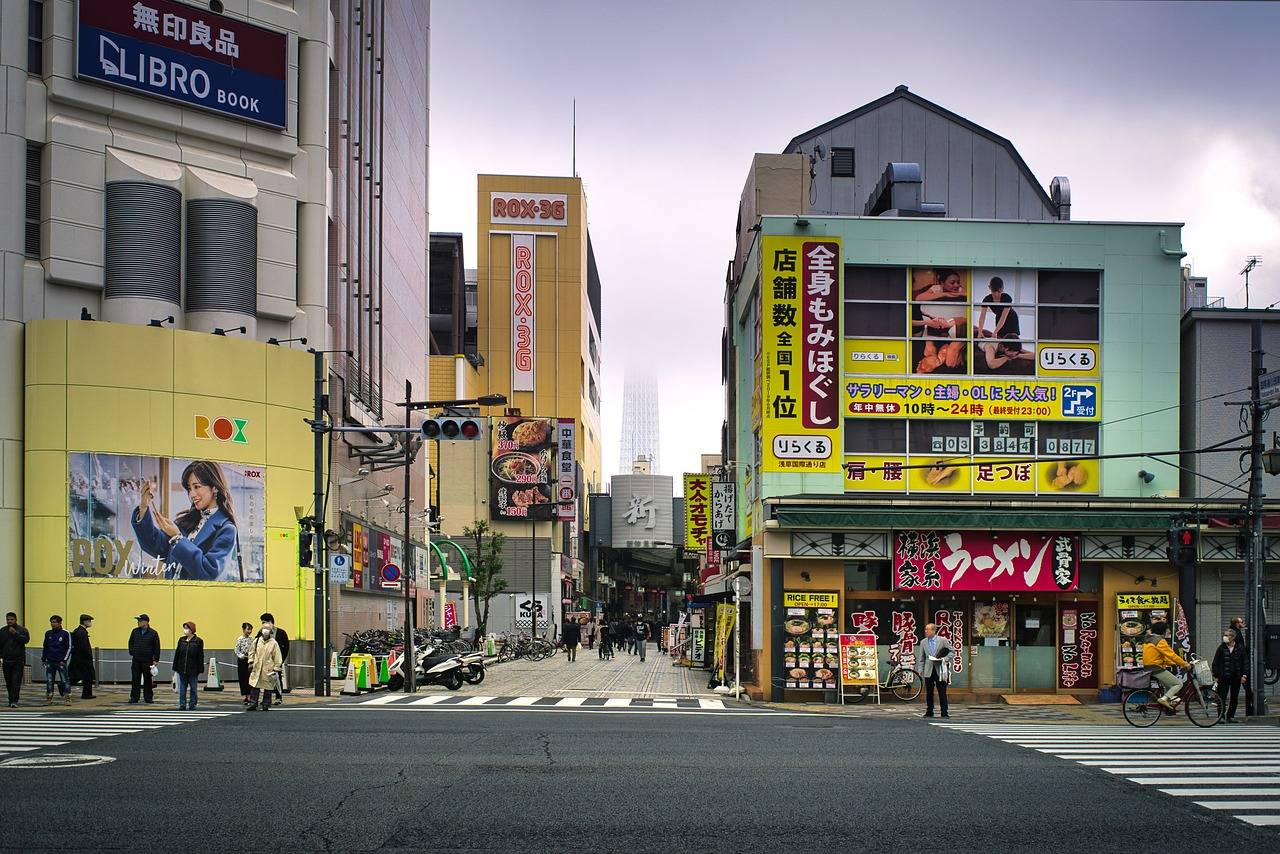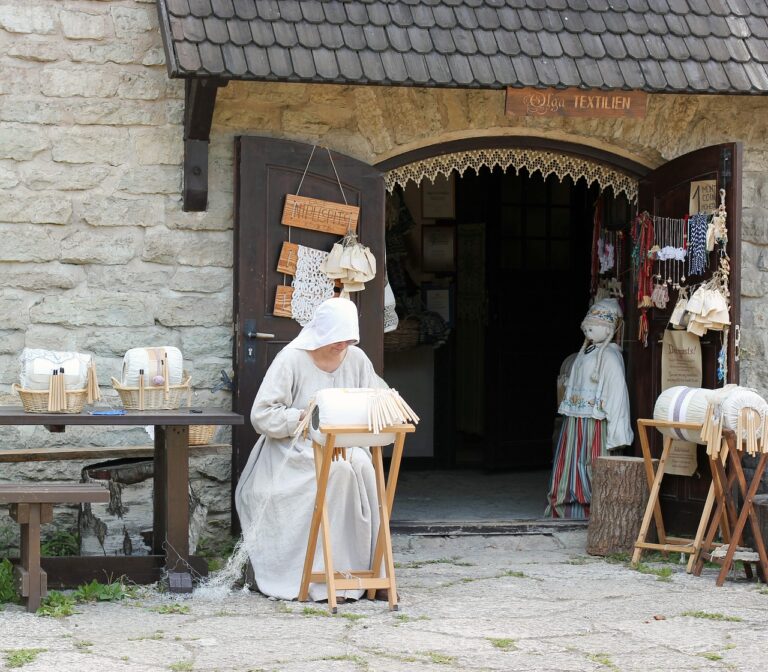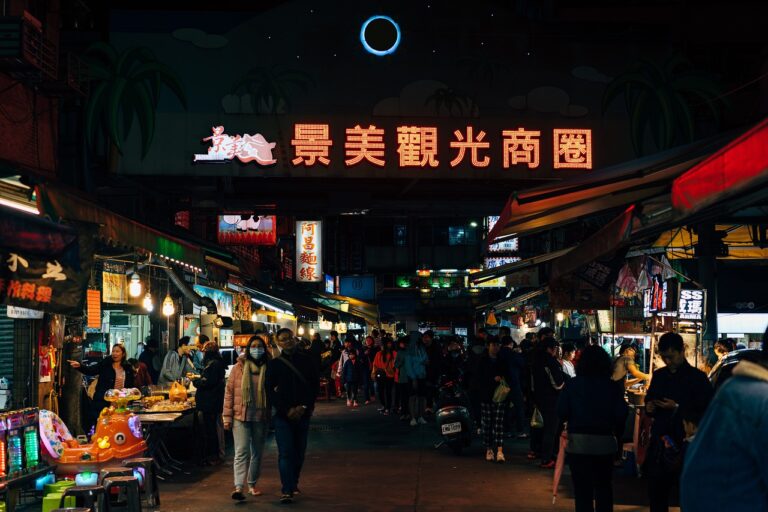The Role of Sustainable Fashion in Conflict Resolution Efforts
Sustainable fashion has emerged as a promising avenue for bolstering economic stability in conflict zones. By promoting ethical production practices and supporting local artisans, sustainable fashion initiatives create employment opportunities and stimulate economic growth within these vulnerable regions. This not only enhances the livelihoods of individuals involved in the fashion supply chain but also contributes to the overall socio-economic development of the area.
Moreover, sustainable fashion fosters community empowerment by encouraging collaboration and skill-sharing among diverse groups. Through initiatives such as upcycling workshops and fair trade cooperatives, individuals within conflict zones can come together to create a sense of unity and purpose. By nurturing a collective sense of identity and purpose, sustainable fashion plays a pivotal role in promoting social cohesion and resilience in the face of adversity.
The Connection Between Sustainable Fashion and Social Cohesion
Fashion has always been a powerful tool for self-expression and cultural identity. In the context of social cohesion, sustainable fashion plays a crucial role in promoting inclusivity and diversity within communities. By embracing sustainable practices that prioritize ethical production, fair labor conditions, and environmental responsibility, the fashion industry can foster a sense of unity and mutual respect among individuals from diverse backgrounds.
Furthermore, sustainable fashion initiatives often engage local artisans and craftsmen, preserving traditional techniques and knowledge that are integral to various cultures. This not only empowers communities economically but also enhances social ties by celebrating heritage and heritage and craftsmanship. Through the promotion of sustainable fashion, social cohesion can be strengthened as individuals come together to support ethical and environmentally conscious practices that benefit both people and the planet.
How Sustainable Fashion Can Support Peacebuilding Initiatives
Sustainable fashion has the potential to significantly contribute to peacebuilding initiatives in conflict zones by providing economic opportunities for individuals affected by the turmoil. By promoting ethical and environmentally-friendly practices, sustainable fashion not only creates jobs but also empowers communities to rebuild their local economies. Through supporting artisans and small-scale producers, sustainable fashion encourages skill development and entrepreneurship, which are essential components for fostering stability and resilience in conflict-affected areas.
Moreover, sustainable fashion can serve as a platform for fostering cultural exchange and promoting understanding among diverse communities. By incorporating traditional craftsmanship and designs into contemporary fashion trends, sustainable brands can celebrate cultural heritage and bridge gaps between different groups. This fusion of traditional techniques with modern aesthetics not only showcases the richness of cultural diversity but also promotes dialogue and mutual respect, thus playing a crucial role in building social cohesion and harmony in conflict-affected regions.






